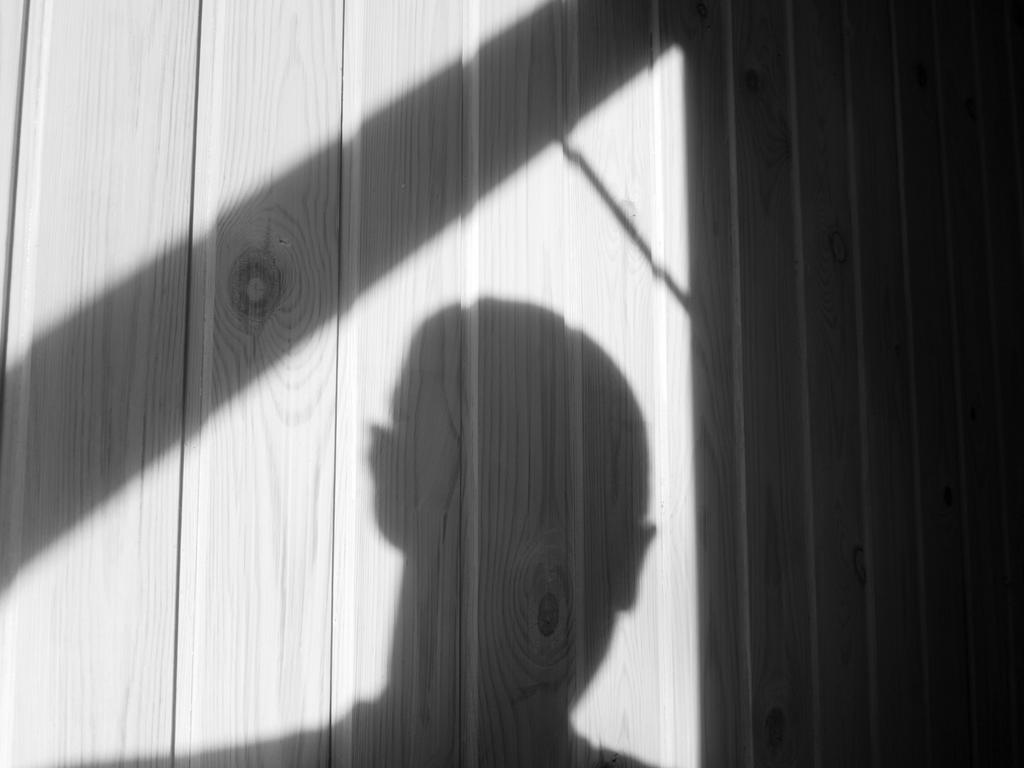Why Christmas is the most dangerous time of year for domestic and family violence
It may be the most the wonderful time of the year, but beyond the twinkling lights and tinsel is a perfect storm of factors that can have deadly consequences.
December may be the most the wonderful time of the year, but beyond the twinkling lights and tinsel is a perfect storm of factors that can have deadly consequences.
For countless women and children, the so-called silly season is cause not for merriment and celebration, but hypervigilance and fear.
According to Destroy the Joint’s Counting Dead Women Australia project, 72 women have lost their lives this year, allegedly as a result of gendered violence. It’s a statistic that far surpasses the oft-quoted national average of at least one woman being (allegedly) killed per week by a former or current partner. And with roughly three weeks left of 2024, it’s more likely than not that the death toll will go up again.
Year on year, Monash University’s Dr Kate Fitz-Gibbon told news.com.au, “we hear from frontline responders that there is an increase in domestic and family violence reporting over the holiday period”.
Crisis support data in recent years has seen usage rates spike by 25 to 30 per cent on Christmas Day and Boxing Day alone, while crisis relief and emergency housing programs can see spikes of around 40 per cent.

As WESNET CEO Karen Bentley told news.com.au, “the need for intervention and support has never been more critical”.
“This year has seen a devastating increase in the femicide rate with many domestic violence services struggling to meet demand,” Ms Bentley, whose organisation is Australia’s peak body for specialist women’s domestic and family violence services, said.
“This pattern is likely to continue into the festive period and beyond, as there continue to be significant service gaps and unmet needs in our specialist family violence services across the country.”
Christmas, of course, is not in itself a cause of domestic and family violence. Given the likelihood of increased expenses, alcohol consumption, and pressure to attend social gatherings associated with the holiday, though, “it can be a time of heightened stress and conflict for many families”, Dr Fitz-Gibbon said, thus exacerbating the threat of violence.
“The cost-of-living crisis in Australia undoubtedly intensifies the stress for individuals and families experiencing domestic violence,” she said.
“Financial control is often a key abuse tactic employed by perpetrators. Financial dependence reduces options for a victim to leave an abuser and to stay safe when they do so.”

Ms Bentley, similarly, emphasised that while “it’s never an excuse to blame increased stress for the choice to use violence … sadly, all of these are recognised as contributing factors that can make domestic violence worse over this period”.
“Financial concerns – whether from social expectations around the festive period, or gambling – can lead to feelings of anger and frustration,” she said.
“When added to the emotional stress of this time of year, these feelings may be more likely to escalate into conflict. The festive period also sees many people drinking more than usual, which can lead to lowered inhibitions, making some individuals act more impulsively and aggressively.”
With a heightened chance of violence comes heightened pressure on the frontline services – yet many critically lack the funding to deal with such an inundation.
“We are in the midst of a national crisis of violence against women and children, and we hear repeatedly that current crisis funding is not meeting demand,” Dr Fitz-Gibbon said.
“This is incredibly concerning as we head into a holiday period that annually sees an increase in reported violence.
“There is a need to ensure that all governments fully fund crisis services – victims should not be left waiting to access vital safety supports at any time of year, including Christmas.”
This week, WESNET, in partnership with Uber, launched its Safe Ride Out campaign, which aims to highlight the immediate need for assistance for the thousands of Australians impacted by domestic and family violence.
Since 2018, when the rideshare app first began supporting WESNET with free rides under its Driving Change Program, the number of trips facilitated has increased by a “shocking” 186 per cent to more than 7400.
“Working with our members, such as women’s shelters, demand for free Uber rides for those impacted by domestic violence, donated by Uber, has increased 63 per cent year on year and is likely to climb further as we approach Christmas,” Ms Bentley said.
“The campaign aims to not only raise awareness of this important issue, but also to call on Aussies to donate through the Safe Ride Out initiative, to support women and those impacted.
“Access to things that many of us use every day – such as a car – can be a challenge for those escaping domestic violence. Getting safely to a shelter, going to a police station or heading to a lawyer’s office can all become more difficult for those who have been impacted.
“Our ongoing partnership with Uber … can ensure those needing support can get it when they need it most.”

It is “essential”, Dr Fitz-Gibbon said, “to emphasise that many specialist services and crisis supports remain open during this period”.
“Perpetrators may weaponise the school holiday and Christmas period to create additional barriers for victims to access help and seek safety by encouraging them to ‘keep the peace’ during a period often characterised by family events,” she said.
With that in mind, it is “critical” that one demographic in particular is not forgotten.
“We often hear discussions of the impact of Christmas on women’s safety, it is critical to keep child victim-survivors front of mind and focus as we head towards Christmas,” Dr Fitz-Gibbon said.
“Children will be away from school for long periods of time, and heading into a holiday period where we know that domestic and family violence is likely to increase in prevalence and severity.”
The Uber Driving Change Program is available for eligible WESNET member service providers, such as women’s refuges, who are granted access to free Uber rides that they can book on behalf of clients. You can find out more about the program here.






